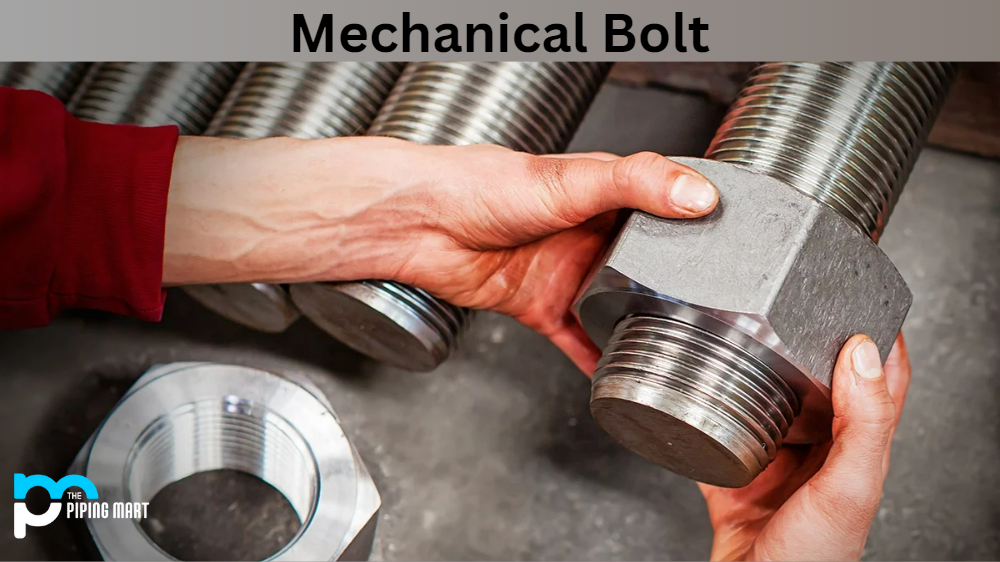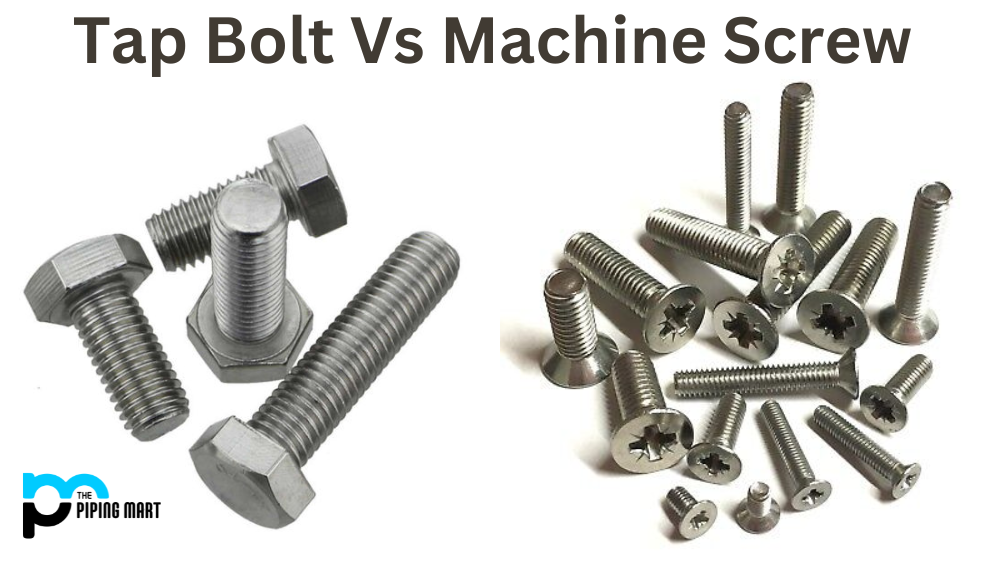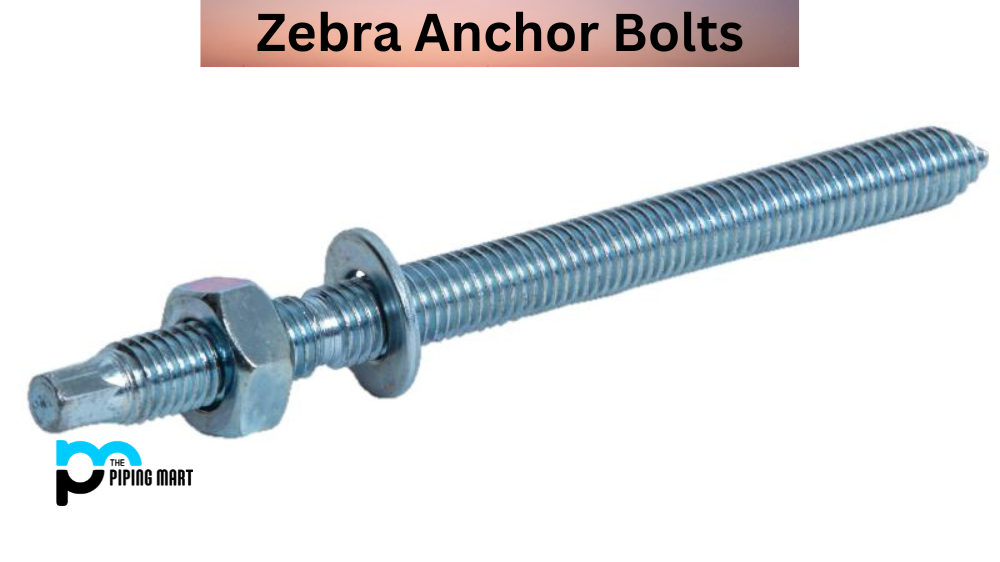Mechanical bolts are small, sturdy fasteners that join two or more objects. The hex head bolt is the most common type of mechanical bolt, which has a cylindrical body and six-sided head. While these bolts can be tightened with a wrench, they must be tightened to the correct torque to function properly. Let’s look at mechanical bolts and explore how they’re used.
What is Mechanical Bolt?
A mechanical bolt is an essential component of machines to secure two items or parts together. They are usually made from metal, such as steel, bronze or aluminium and consist of a head on one end and a threaded shaft down the other. Mechanical bolts come in various sizes, designs and materials depending on the purpose they are being used for. Combined with a nut, it can clamp parts together tightly and provide strong holding power. Although their use has been around for centuries, mechanical bolts are essential to everyday engineering today.
Mechanical Bolt Types
Mechanical bolts have many applications in various industries due to their unique properties. From the inexpensive flat head bolt to the specialized hex lag screw, it helps to know some key differentiations between bolts. Flathead bolts are an excellent choice for applications that require frequent assembly and top-tapping since they can quickly join perpendicular surfaces with only a few pieces needed. Carriage bolts offer exceptional strength and an aesthetic appeal; they’re commonly used in woodworking, decking, and other outdoor projects that call for an attractive finish. A hex lag bolt is explicitly designed to hold firmly in wood or soft materials like drywall and particleboard; these screws feature six-sided heads and coarse threads to provide superior holding power. With all these different mechanical bolts, you can rest assured there is one perfect for any job requirement.
How Mechanical Boltu Work
Mechanical bolts use the tension between the bolt and nut to lock two items together. When the nut is tightened onto the bolt, friction between the threads causes each thread to cling tightly together, creating tension that holds everything in place. This tension needs to be precise; if it’s too tight, it may damage the item being held together; if it’s too loose, there won’t be enough friction to keep everything secure. That’s why mechanical bolts must always be tightened with a torque wrench to achieve their optimal amount of tension.
Mechanical Bolt Uses
Mechanical bolts are incredibly versatile and can be used for various applications, from furniture assembly to automotive engine repair. They’re popular in construction projects where they help securely hold large structures like bridges and buildings. They can also be used in smaller applications like joining appliance parts or securing pieces of machinery together. There are so many uses for mechanical bolts that it would be impossible to list them all here!
Conclusion:
In conclusion, mechanical bolts are an essential part of any project requiring fastening or joining two items together securely and reliably. They use tension created by friction between threaded surfaces to keep items locked into place without sacrificing stability or strength. From small household repairs to large-scale construction projects, these little fasteners are essential in helping us get the job done every time! If you need reliable fastening solutions for your next project, consider using mechanical bolts—they might save you time and money!

Abhishek is a seasoned blogger and industry expert, sharing his insights and knowledge on various topics. With his research, Abhishek offers valuable insights and tips for professionals and enthusiasts. Follow him for expert advice on the latest trends and developments in the metal industry.




